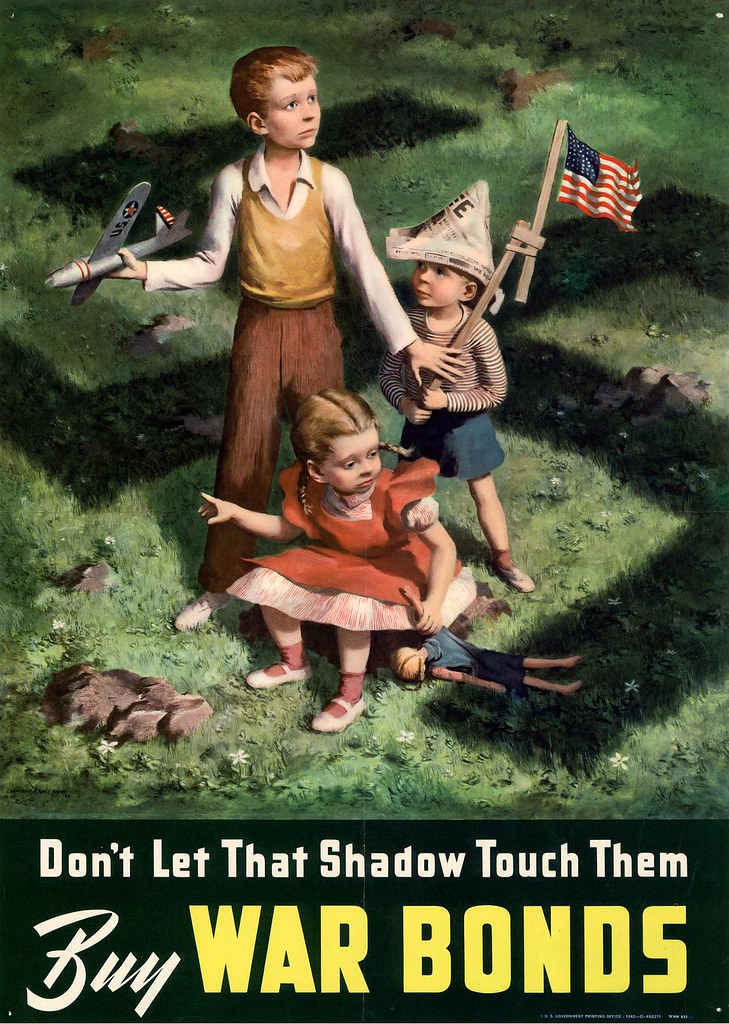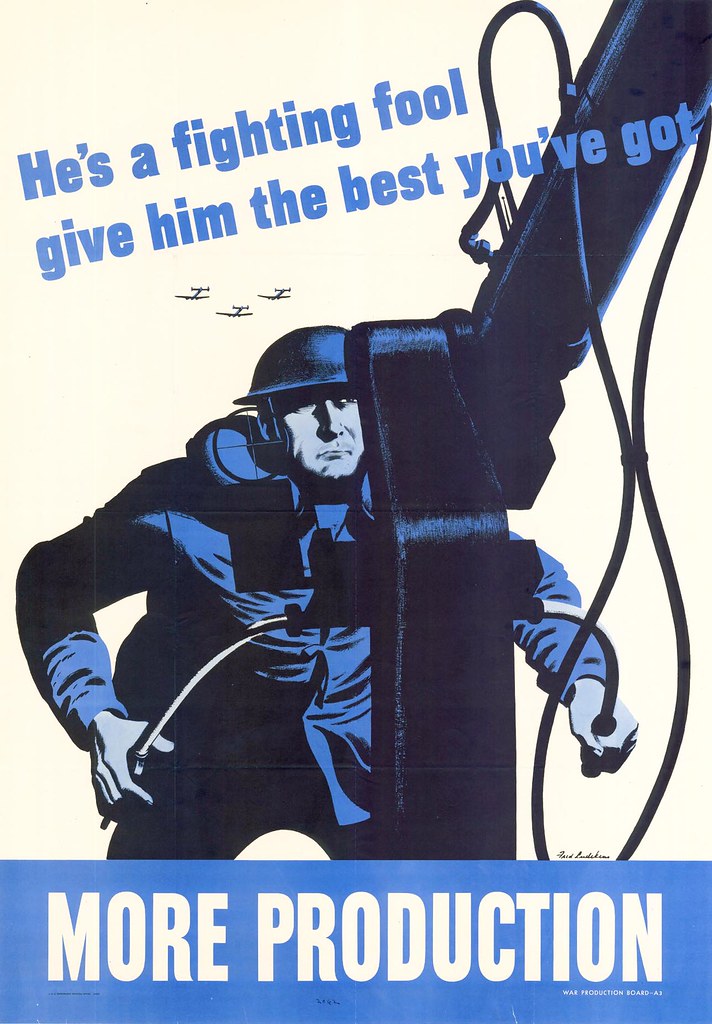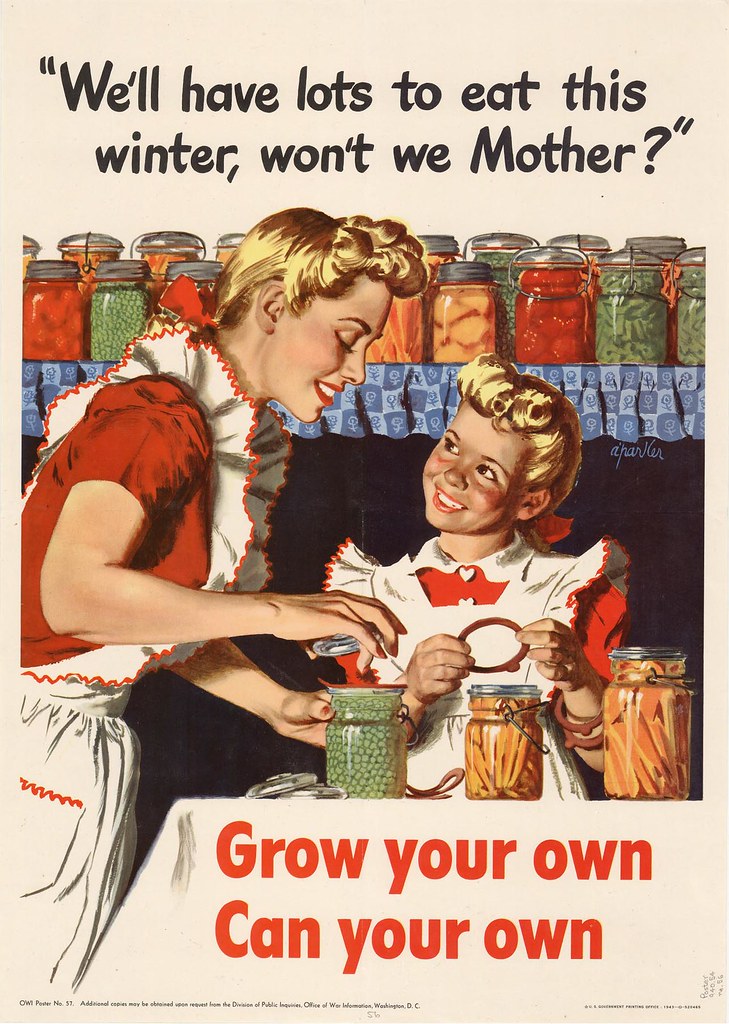 My mother-in-law and her sister never left the house without taking their child-sized gas masks, and blackout curtains on every window were strictly enforced. The punishment for carrying even an unshielded lantern at night was severe.
My mother-in-law and her sister never left the house without taking their child-sized gas masks, and blackout curtains on every window were strictly enforced. The punishment for carrying even an unshielded lantern at night was severe.Though my wife's Grandpa died shortly after we met, some twenty years ago, I have often heard the stories of his life - told proudly around the dinner table. He was a tough guy. Ran away from home at twelve because he didn't approve of the woman his widowed father was marrying. Went straight to the mines (where else could a poor boy go in those days?) and trained to work with dynamite, since blasting the underground coal face earned danger pay - the best in the mines.
When the war came, a young man now with a wife and two tiny daughters, he ran to enlist, to defend his family, his town and his country. Imagine the sting of rebuke, of having your own government bring in soldiers and, looking down the barrel of a gun, being told to get back in the hole and stay there. The engines of war needed fuel and their appetite for coal was insatiable. Though his work was vital, it was a point of shame for a tough guy to not be able to take the fight to Hitler's doorstep.
 Times were tough and food was scarce. Rationing was in effect so Grandpa risked jail to go hunting and fishing on "The King's Land". It was the only way to put extra food on the table. He used his skills with dynamite to ensure a healthy catch in the local pond - a short stick tossed in the drink brought a bounty of stunned and killed fish floating to the surface. They were shared among family and friends.
Times were tough and food was scarce. Rationing was in effect so Grandpa risked jail to go hunting and fishing on "The King's Land". It was the only way to put extra food on the table. He used his skills with dynamite to ensure a healthy catch in the local pond - a short stick tossed in the drink brought a bounty of stunned and killed fish floating to the surface. They were shared among family and friends.  Oranges were especially dear - just one per family every two weeks. My mother-in-law remembers Grandma slicing them paper thin and laying the slices on toast. To this day, its still the only way she can eat an orange.
Oranges were especially dear - just one per family every two weeks. My mother-in-law remembers Grandma slicing them paper thin and laying the slices on toast. To this day, its still the only way she can eat an orange.All of today's images can be seen at full size in my WWII Flickr set.
Hi Leif,
ReplyDeleteI am really enjoying your family stories this week (illustrations too!) - they are so touching. It makes me more thankful for what I have and also to realize how strong the human spirit can be.
Wonderful!
~Kim
Thanks Kim - I'm so glad you're enjoying the posts - and I too am grateful for what I have: that out of such adversity the following generation of former enemies could come together in peaceful times to love each other. :-)
ReplyDeleteThis is amazing thanks for sharing this blog I become fan of your blogs now. This blog is so interesting and informative.
ReplyDelete